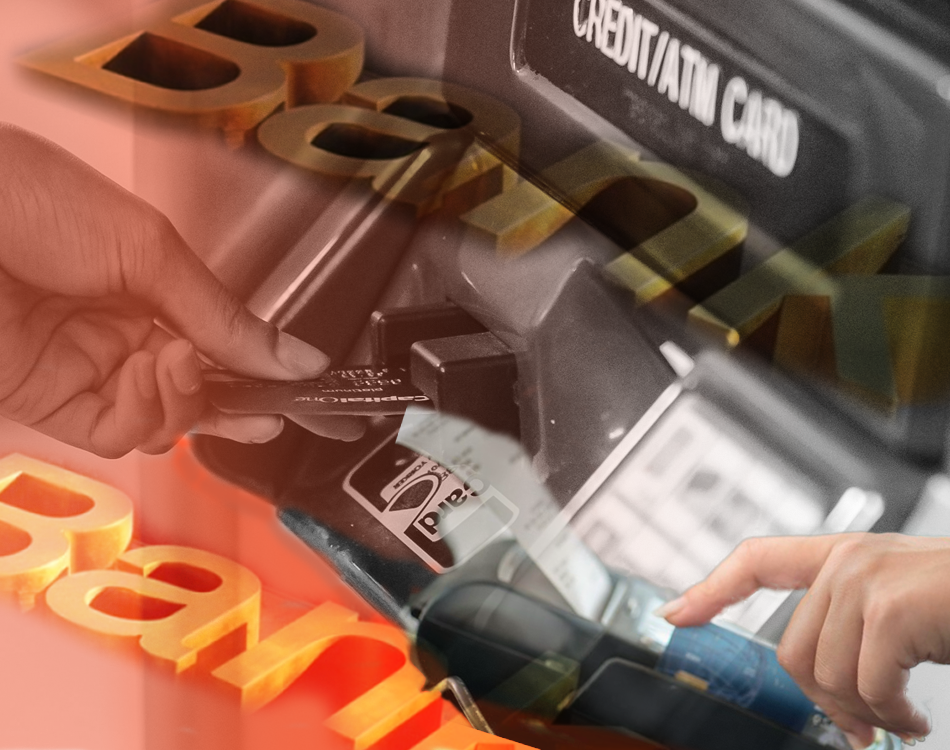
Banks are showing strong interest in the low-interest loans of the Recovery and Resilience Fund (RRF) in the first weeks after the official start of the program.
Credit institutions have already received the first requests from large and medium-sized entities, some of which are currently being processed at an advanced stage.
In fact, it is estimated that the first disbursements will have been made by next May.
Bankers see the 12.70 billion-euro low-interest liquidity available through the European package as a great opportunity for the domestic business community.
This is because it could lead to the implementation of investment projects with a budget of at least 25 billion euros within the next 5 years.
They also believe that it is a challenge for the Greek economy, as what the experience of recent months has shown, ensuring energy independence is a critical parameter for the well-being of households and the viability of businesses.
The advantages of the RRF
These issues were discussed extensively during the “FIN FORUM 2022”, organized on Wednesday by the Bank of Greece.
Mr. Dimitris Verelis, Head of Development, Sustainable Banking & Bank Relations of Piraeus Bank, referred during his speech to the advantages of the action.
As he said, this is “an important tool for Greek companies, even in sectors that did not have similar funding opportunities in the past.”
Mr. Verelis noted that Piraeus Bank “started accepting the first requests in less than 24 hours from the publication of the invitation to companies”, adding that now their flow is normal.
In addition, he listed a number of advantages that the RRF provides to businesses:
• The large “basket” of resources brought about by the really low cost of capital.
• The widest eligibility, which gives a very important opportunity to different sectors of the economy to take advantage of the opportunity given. For example, wholesale trade and the provision of services (other than tourism) have never had such an opportunity.
• Covers all the costs required for the implementation and initial operation of an investment. Indicatively, it covers from land or building purchase costs up to working capital costs.
• It is fast, it is managed by the banks, and the mechanisms and the bureaucratic requirements have been greatly simplified, something that is of particular importance for several sectors. For example, in tourism, speed usually means that the business has the ability to exploit the season
• Once the application is approved, the contracting proceeds and payments begin. The company does not wait for the completion of the project for certification and payment, as for example happens with the Development Law, which leads to a reduction in costs and risk.
• Combines with resources from the NSRF or the Developmen Lawt, if a business and an investment plan have other needs that are more efficiently covered by different resources.
Green transition and constructions
Regarding the sectors that will flourish in the coming years, Mr. Vassilis Karamouzis, General Manager of Corporate and Investment Banking of the National Bank, estimates that “the projects for the green transition and constructions are expected to exceed 30 billion euros within next years”.
He made special reference to the green transition, which he said “is the key priority at European Union level in the context of the goal of achieving climate neutrality by 2050”.
At the same time, according to Mr. Karamouzis, it is also a key pillar of the “Greece 2.0” National Recovery and Sustainability Plan, which will be funded by the Recovery Fund and is expected to absorb 38% of the budget of 31 billion euros.
This is an amount of 12 billion euros, which, leveraged with banking and private resources, will finance green investments of at least twice the size.
According to Mr. Karamouzis, green constructions are expected to show great growth in the coming years due to the actions of the Recovery Fund, the acceleration of the construction activity and the tourist development.
According to the National Bank executive, the domestic financial sector has the necessary experience and know-how to finance new projects.
According to him, the banks “have high capital adequacy and strong liquidity that allows them to seamlessly finance investments in a short period of time.”
At the end of his speech, Mr. Karamouzis referred to the increase in inflation following the latest developments, arguing that “the recent energy crisis and the war that has intensified have made the need for energy independence even clearer.”
As he explained, “it clearly passes through RES, although transitionally significant use of natural gas should be made with more options than we have today. “When this transition is completed, Greek households and businesses will have safe and cheap access to clean energy.”
Aim for valuable projects
On his part, the Senior Investment Banking Manager of Alpha Bank, Mr. Evangelos Kalamakis, referred to the conditions for the effective utilization of the resources of the Recovery Fund and to the sectors that will attract the implementation of large investments in Greece.
According to him, the first signs are positive. “Our experience in negotiating the Business Agreement was very positive and the response times were very fast, while there was flexibility of the program managers for changes and interventions in order to maximize its use and the allocation of resources.”
“The important advantage of the program is that the money will be paid in advance to the banks and will be immediately available to the eligible investment bodies,” said Mr. Kalamakis.
In addition, he stressed that “on the one hand there are strict requirements for eligibility, and on the other hand companies should prepare detailed and thorough investment plans and be willing to take on additional commitments.”
For this reason, he described as very important the fact that the lending process has been assigned to the banks which through the program “will have the opportunity to fulfill their institutional role, to implement their plans for credit development and the rapid use of funds, but also to enhance their profitability “.
The goal of the banks, as Mr. Kalamakis said, “is to utilize the funds in projects that will give value to the economy, and not just to be absorbed”.
Regarding the sectors that are most attractive for the implementation of large investments, he noted that in the field of green transition, the investments will aim at the transformation of the production process in the industries, so that they can develop and operate in a sustainable way.
It suits domestic needs
According to Mr. Spyros Venetsianos, Deputy General Manager & Head of Structured Finance, Corporate & Investment Banking of Eurobank, “the pillars of the RRF, although formed by the EU, come to match very well with what the Greek economy needs and can take advantage “.
These include RES projects, “green buildings”, digital infrastructure, exports and tourism.
“The program does not provide funding for business plans that were not viable anyway. “With the low cost of financing, it comes to facilitate investors, making their venture more competitive, attractive, but also safe,” he said.
“Competitiveness stems from the level of lending that companies in Western Europe have enjoyed so far, while security stems from the -essentially- reduced cost of servicing lending,” he explained.
Regarding the interest of the domestic investment community, Mr. Venetsianos stressed that the first requests have already been received and the mechanisms that have been formed in the previous months for their processing are being tested.
Moreover, he characterized as “revolutionary” of the program the fact that the interested party does not need to approach either the RRF or the public sector.
“His request will be treated as in ordinary funding, with the additional burden of a dossier containing the elements and criteria of eligibility, for which an effort has been made to organize them,” he said.
He added that “there will definitely be improvements as the program progresses, but very important preparation has been made, through the excellent cooperation with the State, the Fund, the other banks and the potential auditors”.
Latest News

German Ambassador to Greece Talks Ukraine, Rise of Far Right & Tariffs at Delphi Economic Forum X
Commenting on the political developments in his country, the German Ambassador stressed that it was clear the rapid formation of a new government was imperative, as the expectations across Europe showed.

Athens to Return Confiscated License Plates Ahead of Easter Holiday
Cases involving court orders will also be excluded from this measure.

Servicers: How More Properties Could Enter the Greek Market
Buying or renting a home is out of reach for many in Greece. Servicers propose faster processes and incentives to boost property supply and ease the housing crisis.

Greek Easter 2025: Price Hikes on Lamb, Eggs & Sweets
According to the Greek Consumers’ Institute, hosting an Easter dinner for eight now costs approximately €361.95 — an increase of €11 compared to 2024.

FM Gerapetritis Calls for Unified EU Response to Global Crises at EU Council
"Europe is navigating through unprecedented crises — wars, humanitarian disasters, climate emergencies," he stated.

Holy Week Store Hours in Greece
Retail stores across Greece are now operating on extended holiday hours for Holy Week, following their Sunday opening on April 13. The move aims to accommodate consumers ahead of Easter, but merchants remain cautious amid sluggish market activity.

Green Getaway Ideas for Easter 2025 in Greece
Celebrate Easter 2025 in Greece the sustainable way with eco-farms, car-free islands, and family-friendly getaways rooted in nature and tradition.

Civil Protection Minister Details Summer Firefighting Plans at Delphi Forum
At the 10th Delphi Economic Forum, Minister of Climate Crisis and Civil Protection Yiannis Kefalogiannis discussed Greece's plans for the upcoming fire season.

How Shops and Markets Will Operate During Easter Holy Week
The Easter holiday schedule has been in effect since April 10, with retail stores open Palm Sunday, and most supermarkets also operating to meet consumer demand for Easter shopping

Why Is the French Aircraft Carrier Charles De Gaulle in Piraeus?
Docking in Piraeus after a four-month deployment in the Indo-Pacific region, the admiral of the aircraft carrier the Charles de Gaulle says, "Greece is our best partner in the Mediterranean."

























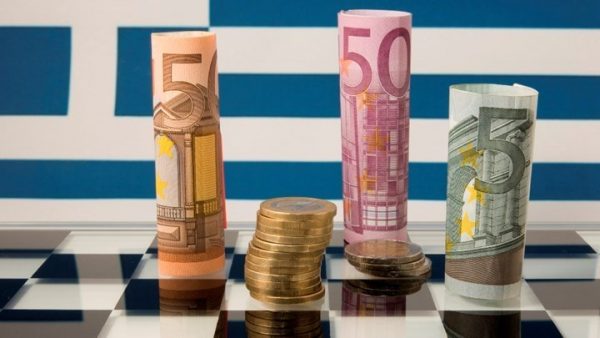
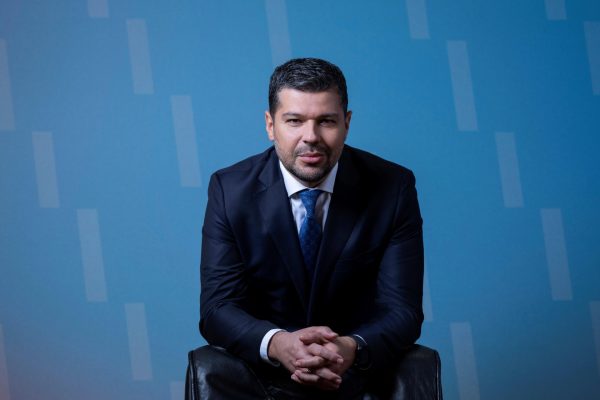

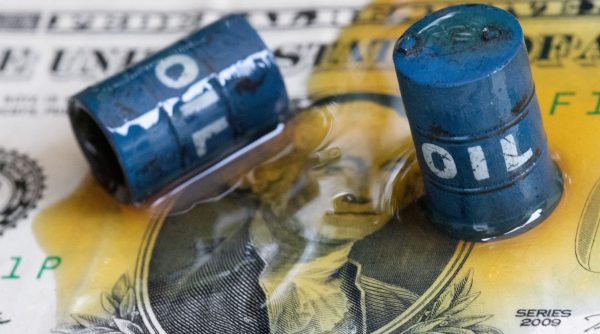
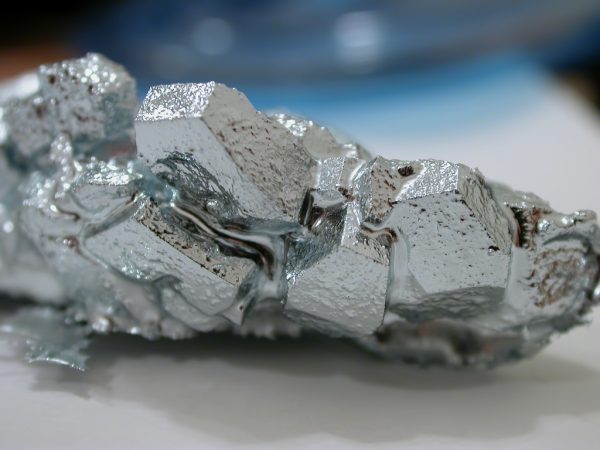




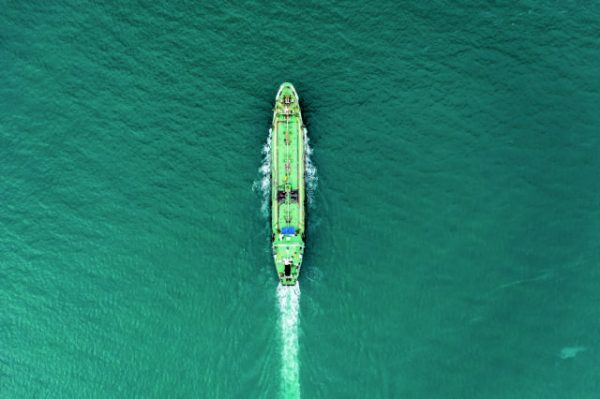






 Αριθμός Πιστοποίησης
Αριθμός Πιστοποίησης